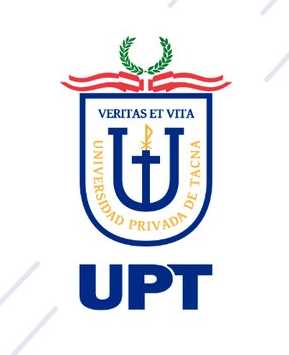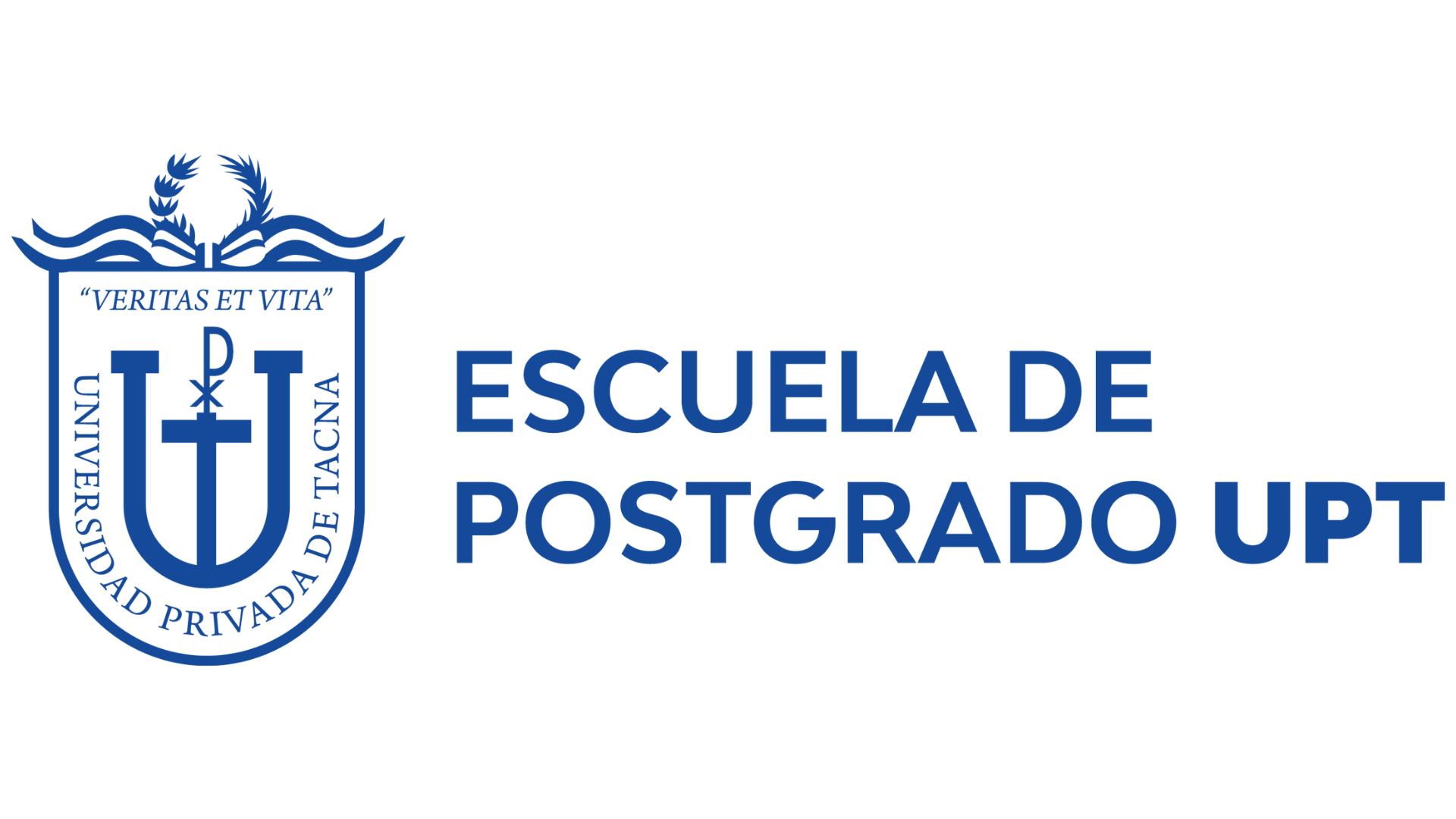Regulatory framework and pecuniary sanction in the incautation of cross-border money in a border care center.
DOI:
https://doi.org/10.47796/ves.v8i2.141Keywords:
Normative Framework, Omission of Pecuniary Sanction, Crossborder moneyAbstract
The purpose of the investigation is to demonstrate the influence of the regulatory framework on the omission of pecuniary sanctions in the seizure of money by cross-border transport. To this end, a basic, mixed investigation was carried out, at the explanatory level, having selected as sample 163 cases of interventions in the Santa Rosa border attention center and documentary analysis cards were applied to collect the information. The qualitative results on the regulatory framework show that Law 28306 has undergone modifications and substantial variations between 2004 and 2016; the D.L. 1249 that regulates the transfer of cross-border money, does not contemplate the cases in which the seizure of money corresponds, precautionary measure ordered by the prosecutor. There is no objective criterion to choose between the figure of retention (customs) or seizure (prosecutor's office). Case 265-2017, it is evident that there is an infraction in the administrative way, but when arranging the file of the case, by the prosecution, the return of the money is arranged, without taking into account the payment of the fine; In 77.27% of the interventions there are legal gaps that generate normative conflicts in their practical application, among customs operators, National Police and Public Ministry. Between 2016 and 2018, the sum of S / 3,652,784.00 was paid, however, the debt to be paid is S / 1,679,281.00, which represents 45.97% of the failure to comply with the pecuniary penalty. It is concluded that the gaps and technical deficiencies of the regulatory framework that regulates the obligation to declare the entry and exit of money from the country, is influencing the failure to comply with the pecuniary sanction for transferring money without declaring or falsely declared.













